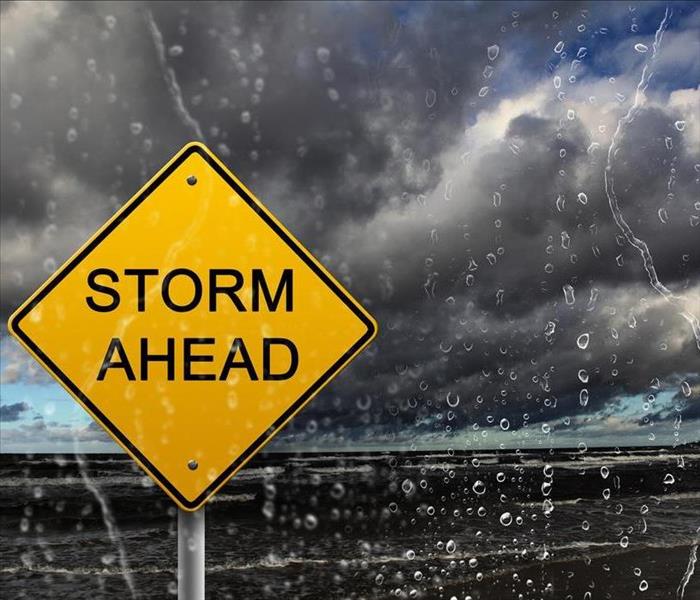5 Storm Preparation Tips
8/23/2021 (Permalink)
Flooding is the most common natural disaster in the United States. Flood water can damage property and be a safety hazard for people. Preparing your home and family before a storm happens is essential for avoiding injuries and reducing property damage.
1. Know Your Risk Level
A flooded building can happen anywhere but is more likely to occur in low-lying areas near sources of water, such as rivers and streams. You can find out what the level of risk in Greenville, NC, is by checking FEMA's flood maps. If you live in a high-risk area, you should be particularly vigilant when it comes to taking flood precautions.
2. Get Flood Insurance
Homeowner's insurance typically covers water damage from sudden and accidental discharges of water, such as a broken pipe or supply line. However, coverage for flooding from outside sources is usually excluded. You can purchase separate flood insurance through the National Flood Insurance Program. Even if your home is in a low-risk area, it may be worthwhile to purchase flood insurance, because flash flooding can lead to extensive water damage that requires restoration services. It usually takes 30 days for a flood policy to go into effect, so don't wait until bad weather is in the forecast to purchase your policy.
3. Create a Flood Plan
Your family needs to know what to do if flood water is imminent. Plan out and practice evacuation routes. Figure out where you can go to seek shelter when a flood occurs. If you have pets, find out if local shelters will accept them. Collect a supply of non-perishable food, cleaning supplies, and drinking water for several days to use in case you must leave your home or your electricity and water service goes out. If anyone in your household has special needs, such as mobility issues, account for them in your plan.
4. Protect Your Property
Place important documents in a waterproof container or store them off-site in a safety deposit box. Move valuable property to the upper floors of your home. Keep your drains and gutters free of debris. Install a sump pump with a battery backup and check valves. Use sandbags or other flood barriers to protect your home from rising waters. However, do not ignore evacuation orders in an attempt to protect your property.
5. Secure Exterior Property
Wind and rising waters can turn your exterior property into projectiles. Trim trees and shrubs that are near your home. Move outside furniture, toys, bikes, and plants inside. Secure outside objects, such as sculptures, that can not be moved with blankets or burlap tied with rope. Close your storm shutters or nail pieces of plywood over window frames, skylights, and doors. Move your vehicles to higher ground or park them inside your garage against the garage doors.
Depending on the cause, you may have days or only minutes to prepare for floodwater when a storm occurs. Having a plan in place can prevent you from having to scramble at the last minute to protect your property and loved ones from harm.




 24/7 Emergency Service
24/7 Emergency Service
